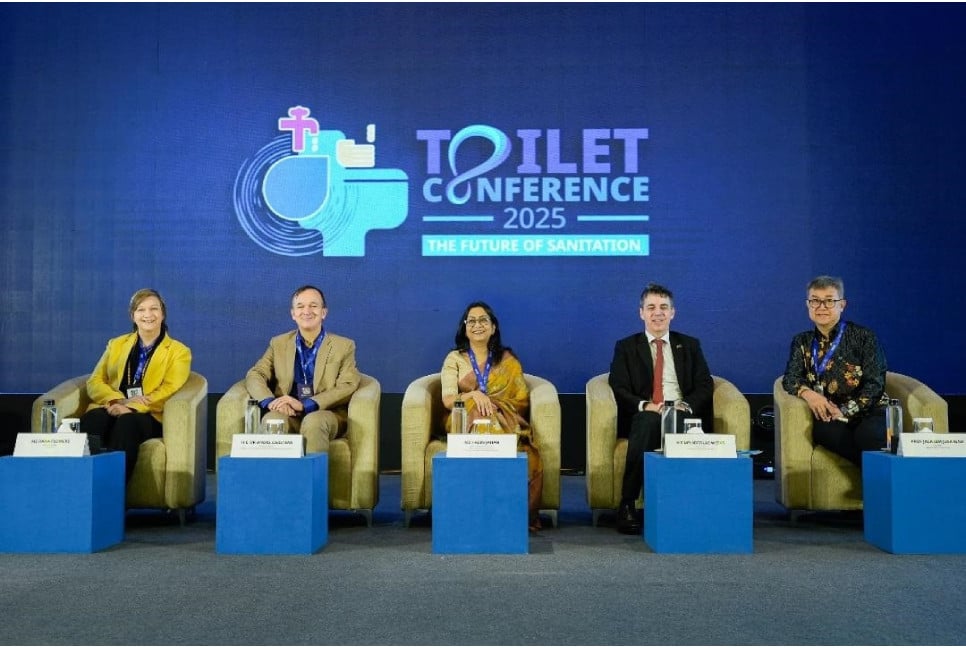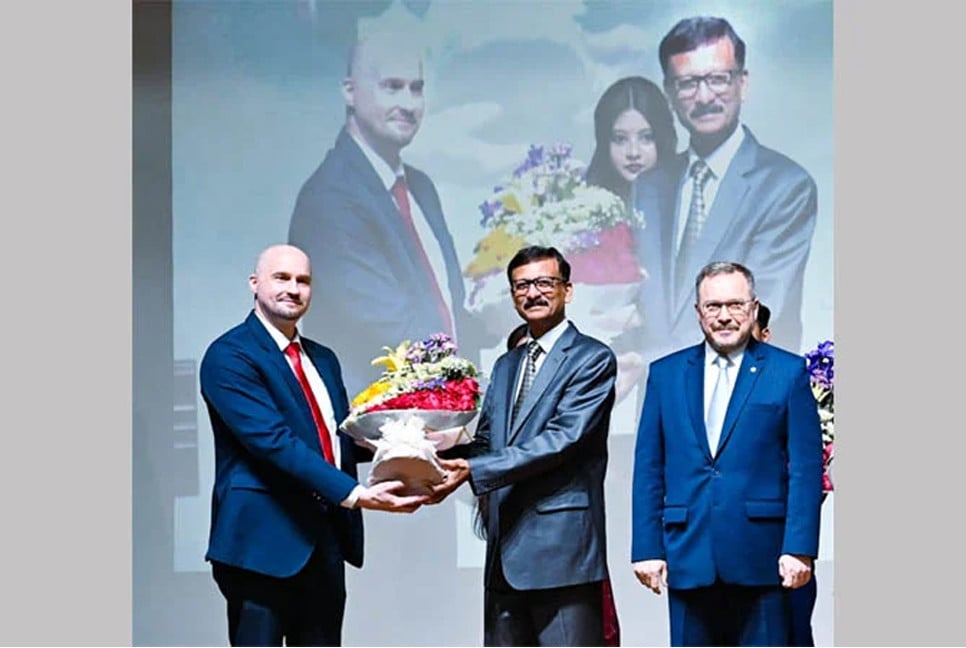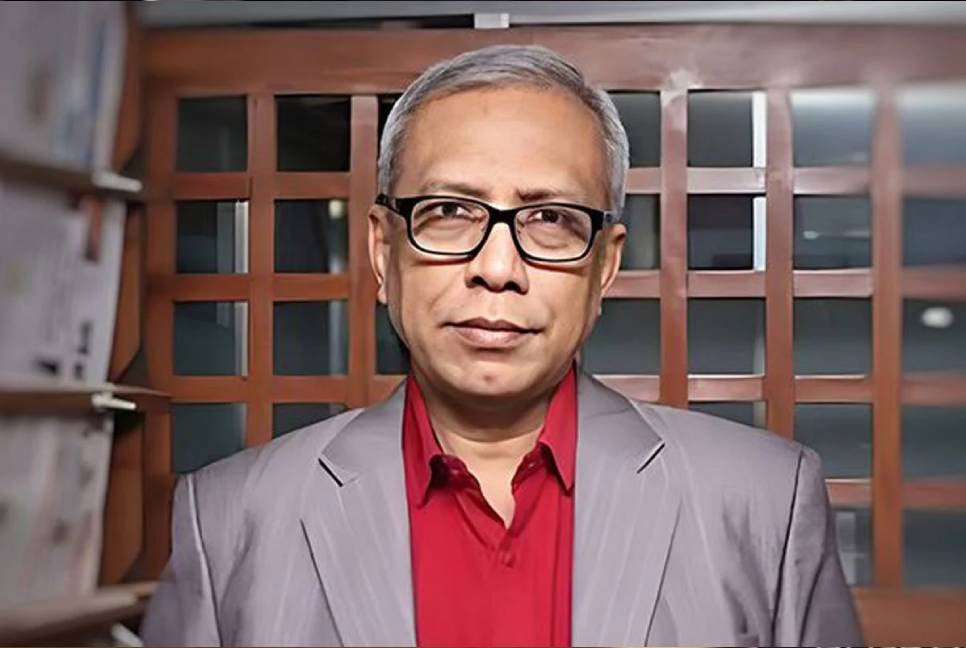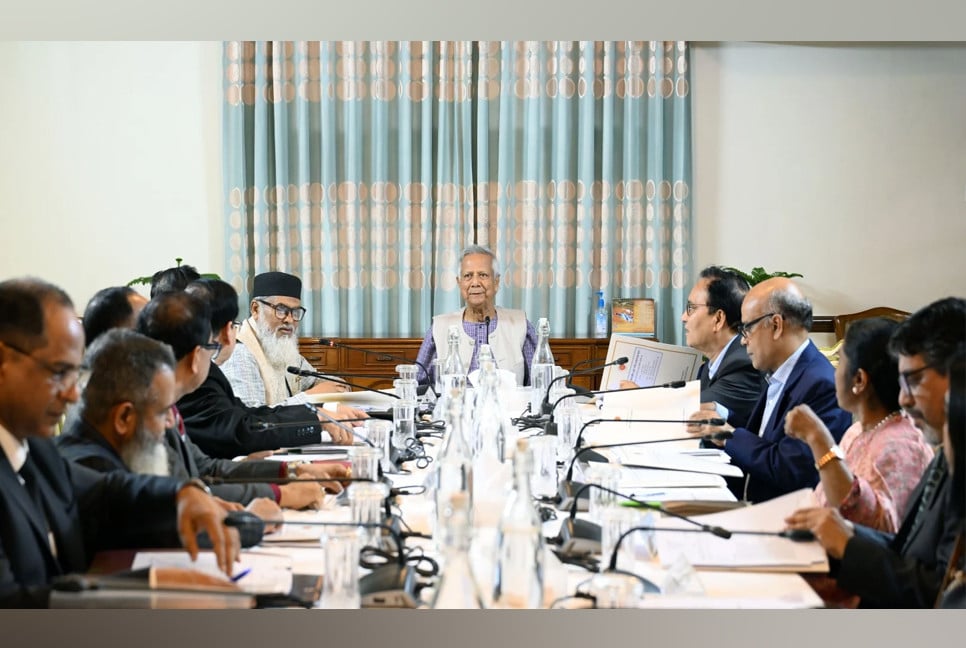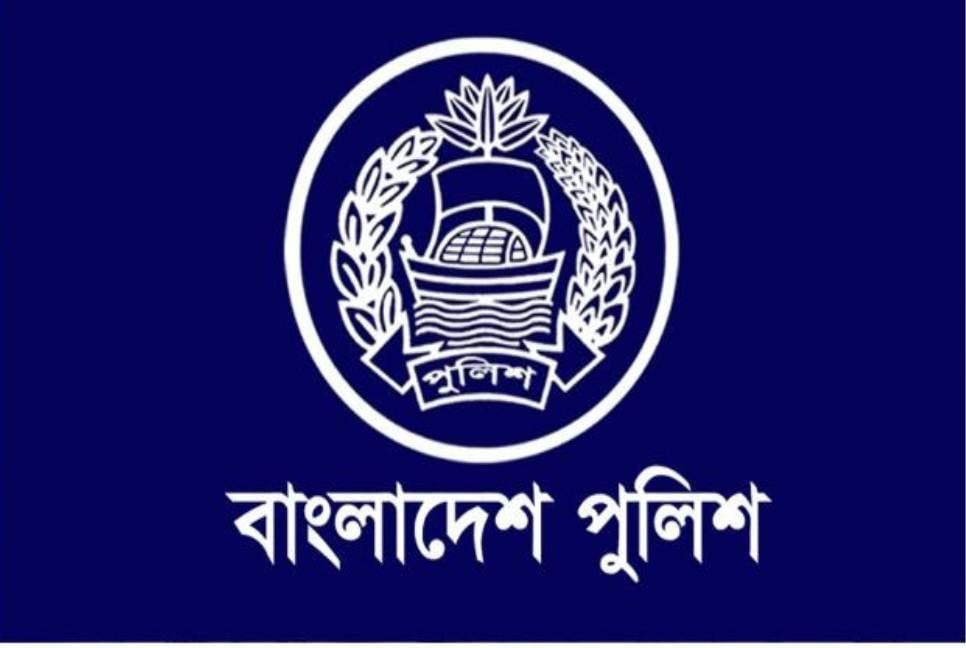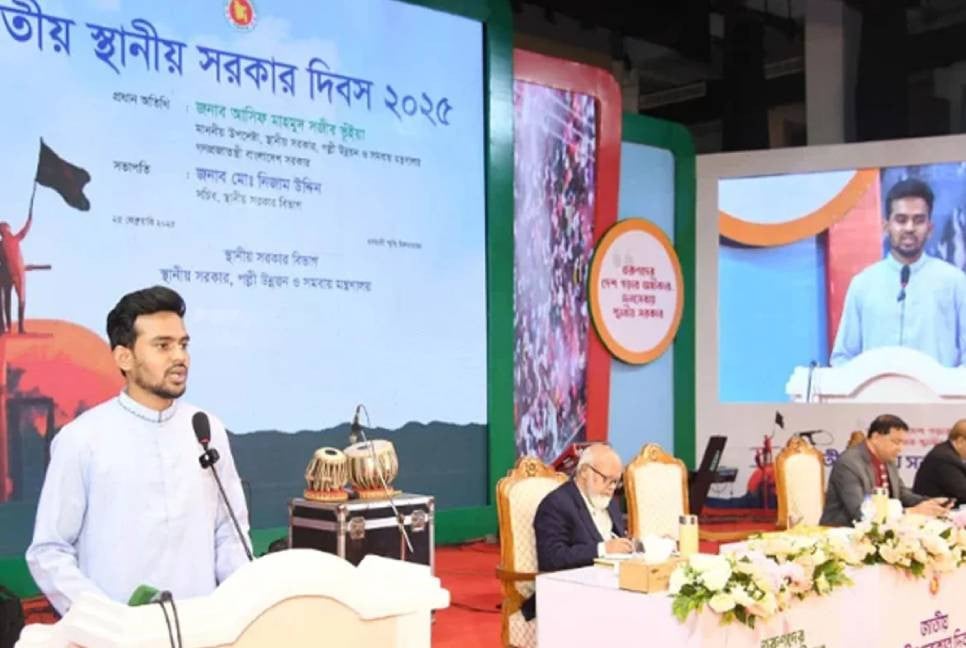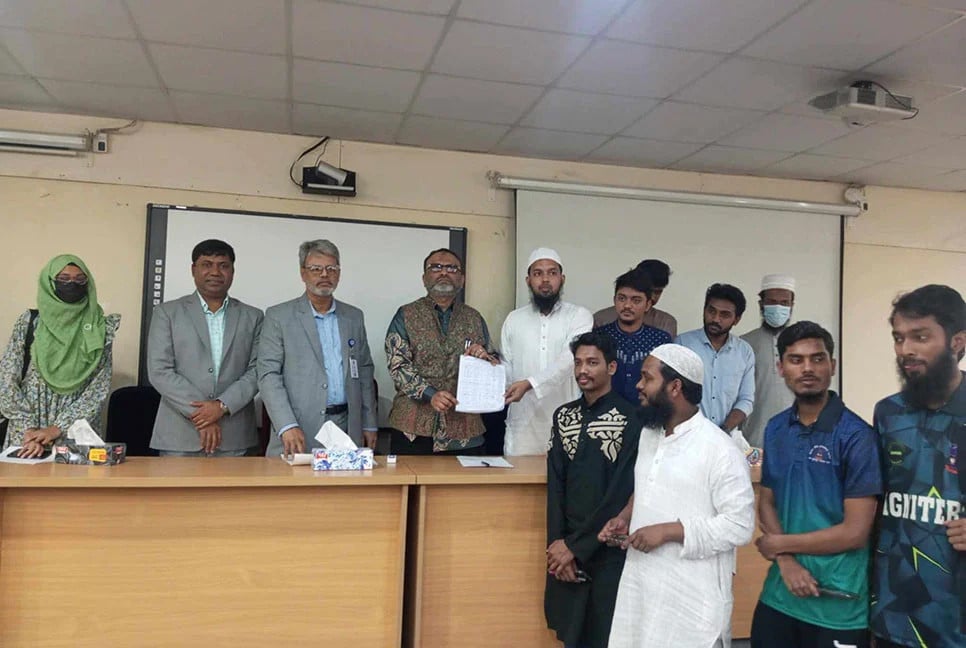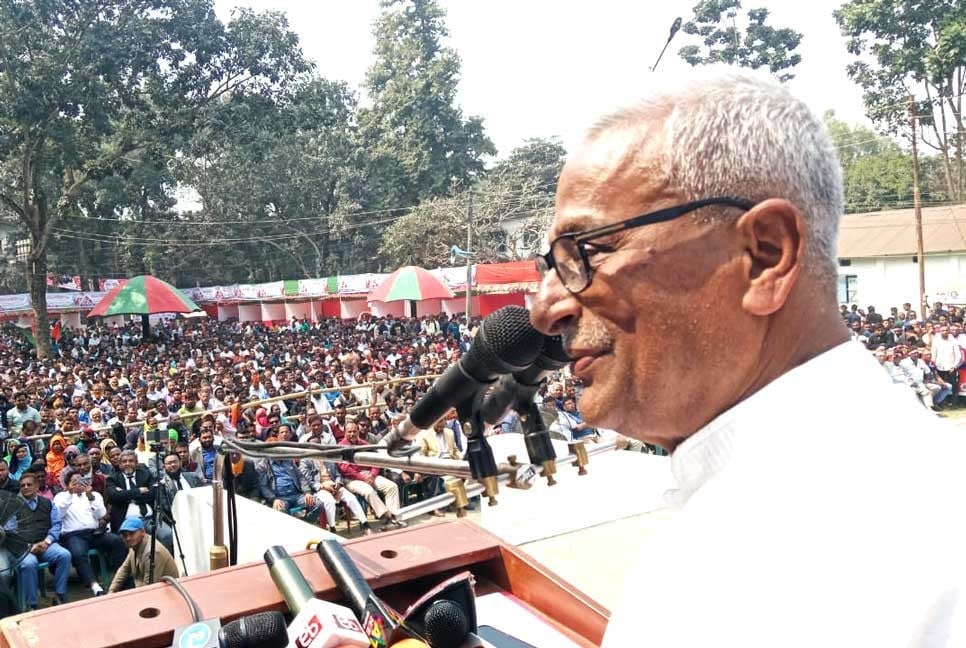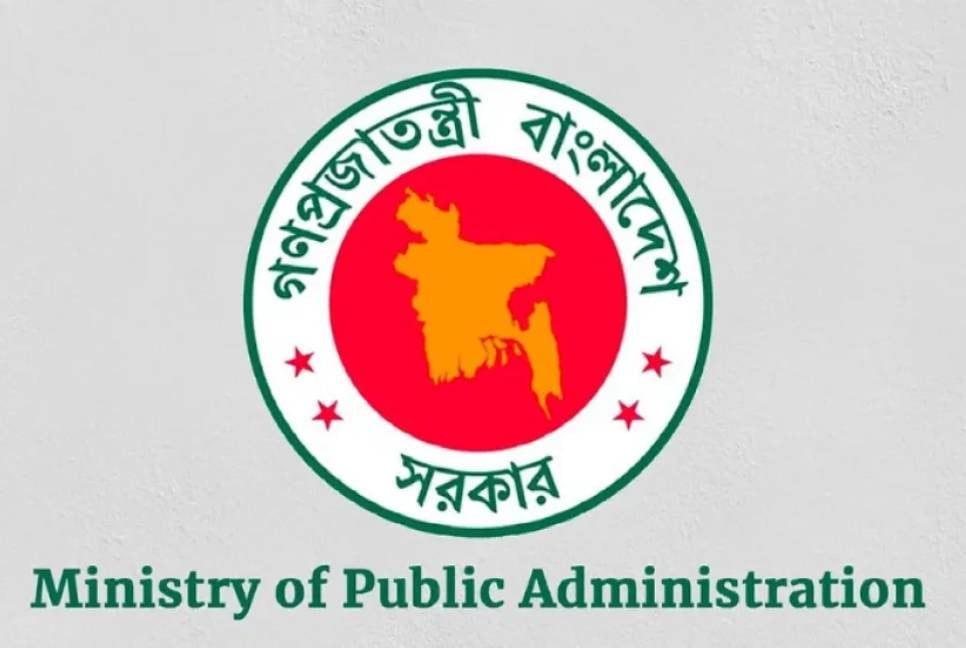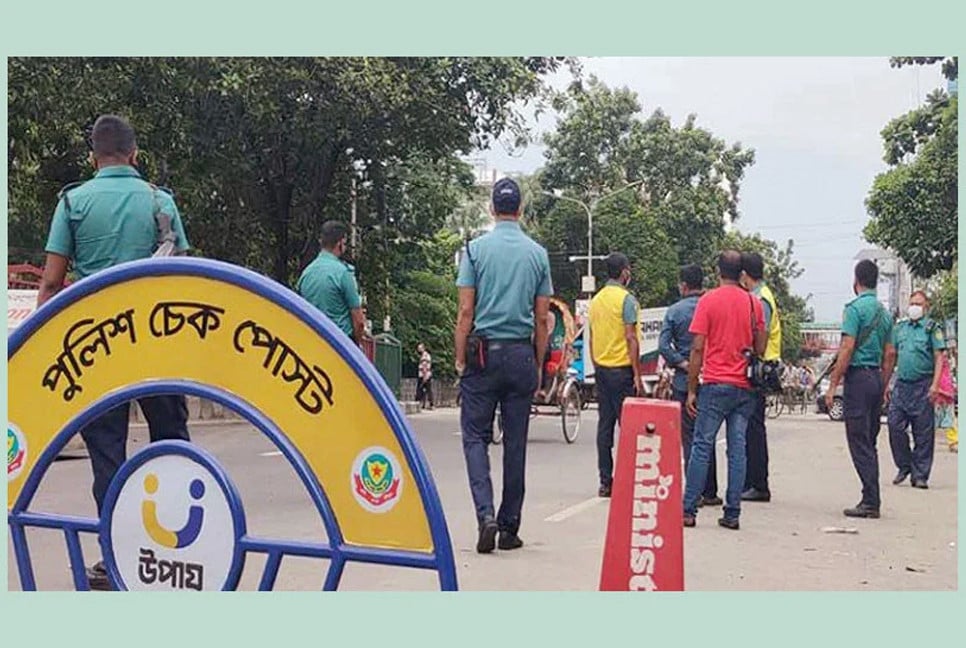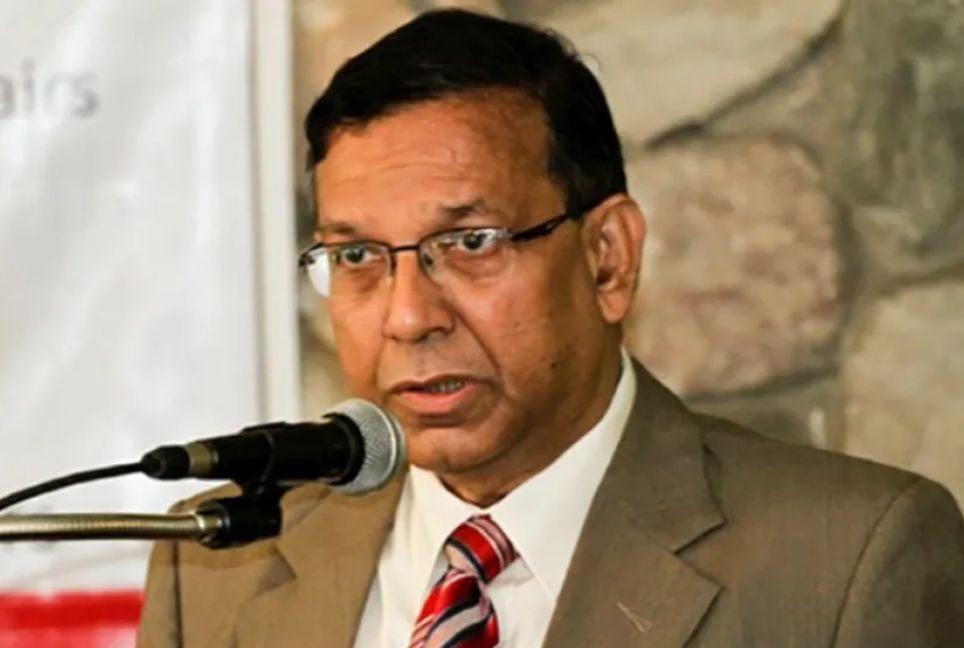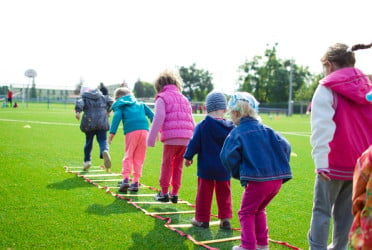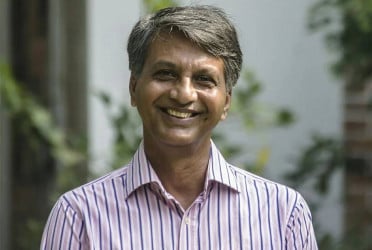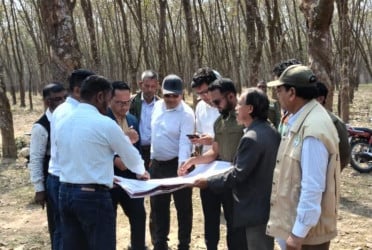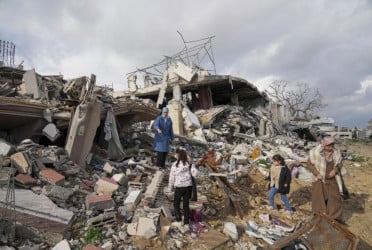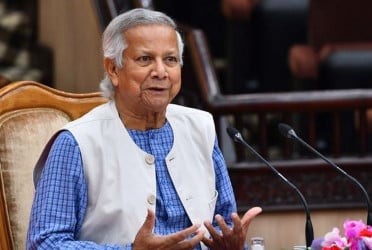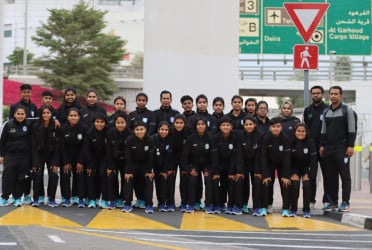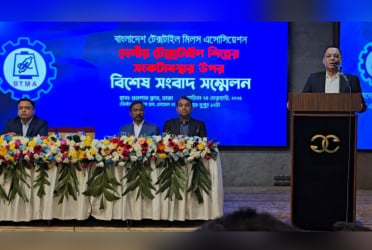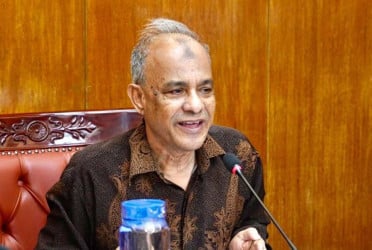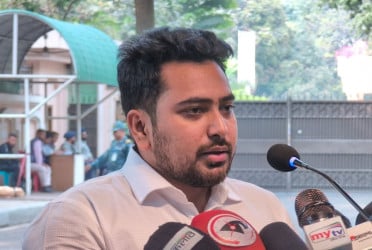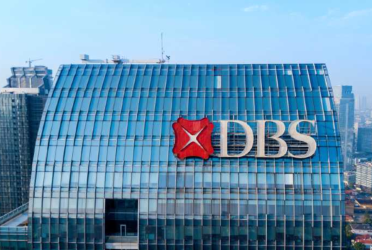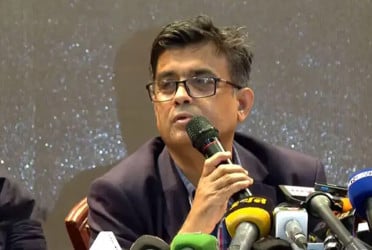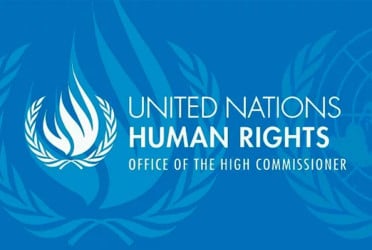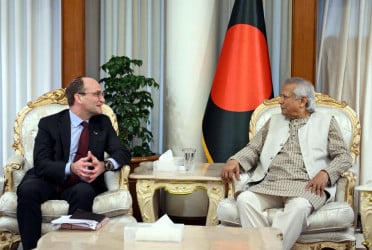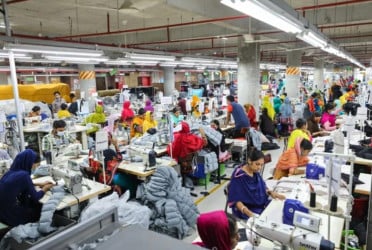UNICEF, WaterAid, SNV and ITN-BUET emphasised the critical need for accelerated progress in sanitation and hygiene on 22 February, marking the International Toilet Conference 2025, organised in Dhaka.
More than 65 million people, over one-third of Bangladesh’s population, still lack access to safely managed sanitation.
In addition, an estimated 230 tonnes of fecal waste end up in open water bodies in Dhaka daily. This contributes to significant environmental pollution and serious health risks for marginalised communities, especially impacting children.
“Children have benefitted from commendable progress in the elimination of open defecation in Bangladesh, a serious threat to their health and their development - achieved at a faster pace than most countries. But last year, we all saw how these advances for children can be ravaged by climate hazards like the historical floods in Feni, destroying infrastructure and leaving children exposed,” said Rana Flowers, UNICEF Representative in Bangladesh.
“Children have the right to grow up in a healthy environment, and the lack of proper sanitation prevents them from growing healthy and safe. To ensure proper sanitation for the most marginalized, including women and children, Bangladesh needs to keep working on private-sector partnerships, and investing in the WASH sector, strengthening regulatory mechanisms for quality service and sustainability, while reducing contamination and reliance on groundwater.”
Sanitation services are even more fragile in Bangladesh, due to the growing impact of the climate crisis, including increased floods and extreme weather events; some in areas, like Feni last year, that were not impacted in more than half a century. These hazards impact available infrastructure and water resources in the country, particularly in vulnerable rural and coastal communities.
“The Toilet Conference 2025 stands at a pivotal moment in the global sanitation movement, creating a platform to transform toilets from an overlooked necessity into a driver of dignity, health, and innovation. This conference is more than a discussion. It is a call to action to challenge outdated practices, embrace cutting-edge solutions, and recognize sanitation as essential for human rights, environmental sustainability, and economic growth,” said Hasin Jahan, Country Director, WaterAid Bangladesh.
“Every child needs a toilet to stay in school, every woman deserves safe sanitation for dignity, and every community must manage waste responsibly to protect our planet. The toilet is everyone’s business.”
The economic impact of using unimproved sanitation facilities is estimated at USD 4.2 billion annually, equivalent to almost 1.5% of the country’s GDP in 2018[2]. However, achieving the SDG sanitation targets requires an 8-fold acceleration in progress based on trend analysis of Joint Monitoring Programme 2022 by UNICEF and WHO.
UNICEF and WaterAid emphasized the urgent need for increased investment and innovative solutions to address the sanitation crisis through:
Integrating Sanitation into National Climate Strategies: including water, sanitation and hygiene (WASH) agenda within the Nationally Determined Contributions (NDCs) to ensure that climate financing supports the development of climate-resilient sanitation infrastructure.
Mobilising Resources and Partnerships: increasing collaboration with the private sector and other donors to bridge the significant financing gap in the WASH sector. This includes exploring innovative financing mechanisms and fostering public-private partnerships to drive progress.
The conference brought together government representatives, policymakers, technical experts, donors, academics, civil society organizations, and WASH professionals to address the challenges and opportunities in achieving universal access to safe and sustainable sanitation.
This conference was supported by Gates Foundation, Kimberly-Clark, The Embassy of the Kingdom of the Netherlands, Swedish International Development Cooperation Agency, and The UK International Development.
Source: The Daily Sun
bd-pratidin/Rafid

